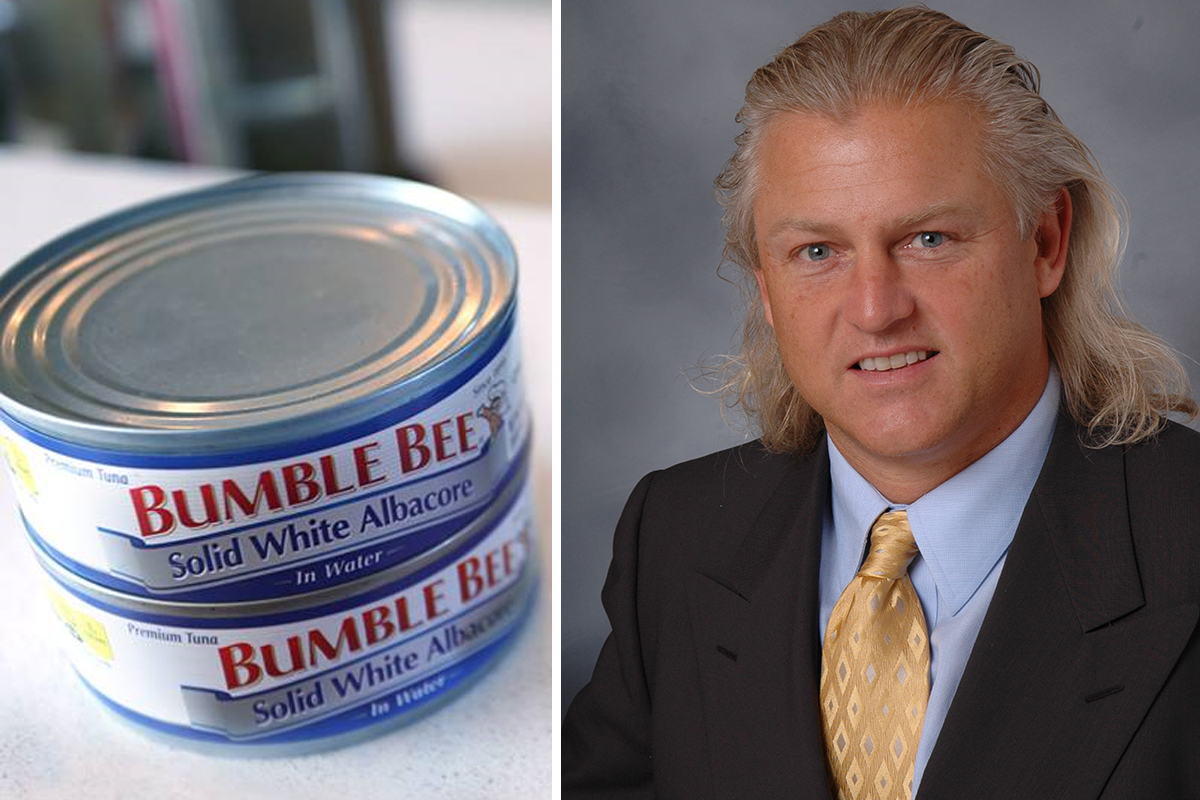Bumble Bee CEO Gets Stung
 Corporate critics, myself included,
have long complained about the unwillingness of federal authorities to hold top
executives personally responsible for illicit practices at the businesses they
run.
Corporate critics, myself included,
have long complained about the unwillingness of federal authorities to hold top
executives personally responsible for illicit practices at the businesses they
run.
It was thus surprising but
encouraging to learn that the Justice Department Antitrust Division has gotten
a grand jury to return an indictment against the chief
executive of Bumble Bee Foods for participating in a conspiracy to fix prices
of packaged seafood sold in the United States.
The case against Christopher
Lischewski comes in the wake of the prosecution of the company itself, which
last year agreed to pay a criminal fine of $25
million, which under certain circumstances could rise to more than $80 million.
The investigation has also ensnared
several other individuals, including two at Bumble Bee, which is owned by the
British private equity firm Lion Capital, and one at rival Star Kist.
We can hope that these cases are a sign that the Trump Administration’s Antitrust Division is taking its job seriously. Since Trump took office, the division has announced several large penalties against foreign banks such as France’s BNP Paribas for manipulation of currency markets, but this was the continuation of an investigation that began under Obama.
Some other Trump era cases have been
pretty minor, such as the $409,342 fine imposed on an e-commerce
company for fixing the price of promotional wristbands.
Price manipulation relating to
consumer and industrial products is a perennial form of corporate misconduct.
It is one of the main business offenses that regularly involves criminal
charges and results in guilty pleas.
In Violation Tracker we document 241 Antitrust Division cases
against corporations that resulted in more than $10 billion in penalties.
Looking at the list, one is struck by the fact that so many of the defendants
are foreign firms, including 11 of the dozen biggest fines.
This is not to say that U.S.
companies don’t fix prices. Probably the most famous price-fixing case ever was
the conspiracy to manipulate the electrical equipment market by the likes of
General Electric and Westinghouse in the 1950s. U.S. agribusiness giant Archer
Daniels Midland was at the center of a lysine price fixing scandal in the
1990s.
It may be that in recent years
federal antitrust prosecutors have felt pressure not to go after domestic
companies, or else that foreign corporations are emboldened by the pro-business
climate in the U.S. to engage in more brazen behavior.
In any event, at a time of
unprecedented concentration of ownership in many U.S. industries, there is
bound to be plenty of price collusion going on that needs to be investigated.